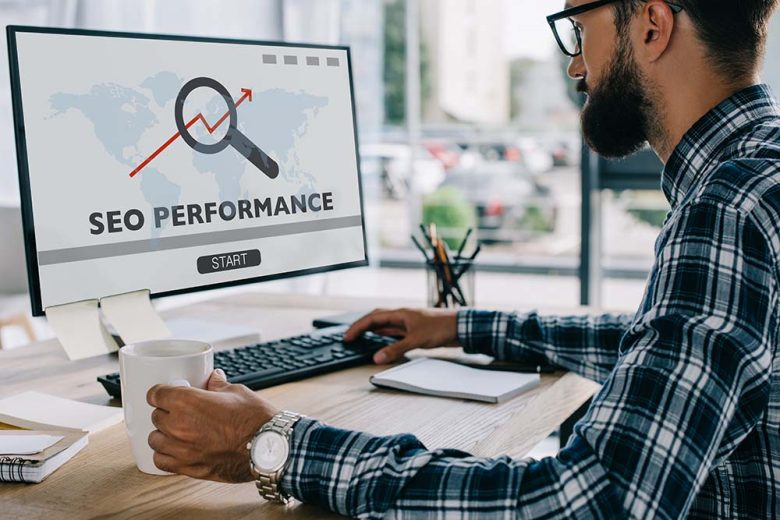Website speed significantly impacts both user experience and search engine rankings in SEO.
Faster loading times enhance how visitors engage with your content and directly affect your site’s visibility on search engines like Google.
Prioritising speed optimisation not only strengthens your digital presence but also increases engagement, reduces bounce rates, and drives conversions.
In this blog, we’ll discuss the importance of website speed, key strategies to enhance website speed, factors that influence loading times, and practical tips for effective optimisation.
Why is Website Speed a Crucial Ranking Factor for Search Engines?
Search engines prioritise user experience, and site speed directly impacts how users interact with your website. A slow-loading site frustrates visitors, leading to higher bounce rates and lower engagement. In response, search engines like Google factor in site speed when determining search rankings. This favours faster websites that provide a smoother browsing experience.
What are the Benefits of Improving Website Speed for SEO?
Optimising website speed is crucial for SEO success. Here’s how improving your website’s speed yields several SEO benefits-
1. Higher Search Engine Rankings- Faster sites rank higher in search engine results pages (SERPs).
2. Improved User Experience- Faster loading times reduce bounce rates and increase page views.
3. Increased Conversion Rates- Speedier websites tend to convert visitors into customers more effectively.
4. Mobile Optimisation- Speed is crucial for mobile users, enhancing accessibility and usability.
5. Reduced Operating Costs- Faster websites require less server resources and bandwidth.
What are the Factors that Affect Website Speed?
Effective website speed is crucial for user satisfaction and SEO performance. Several key factors influence how quickly your site loads.
1. Hosting Server Performance- The quality and configuration of your web hosting provider impact loading times.
2. Image and Multimedia Content- Unoptimised images and videos can slow down page loading.
3. Browser Caching- Storing frequently accessed data locally to reduce load times on subsequent visits.
4. CSS and JavaScript Files- Excessive or poorly optimised code can delay page rendering.
5. Content Delivery Networks (CDNs)- Geographically distributed servers enhance global accessibility and speed.
Effective Strategies to Improve Website Speed
To enhance your website’s speed and SEO performance, consider implementing these tips-
1. Choosing a Reliable Web Hosting Provider- Opt for a reputable host with robust infrastructure and fast servers.
2. Optimising Images and Multimedia Content- Compress images and videos without compromising quality to reduce file sizes.
3. Implementing Browser Caching and Compression Techniques- Leverage caching and compression plugins or server-side techniques.
4. Minimising CSS and JavaScript Files- Combine and minify CSS and JavaScript files to reduce HTTP requests.
5. Using Content Delivery Networks (CDNs)- Distribute content across multiple servers globally to minimise latency and improve loading times.
Enhance Your Website Speed with Haarty Hanks
Improving website speed isn’t only for SEO; it ensures a smooth user experience, driving engagement and conversions.
Invest in speed optimisation now to stay competitive online. Connect with us at Haarty Hanks for reliable SEO services and watch your online business grow.





Comments
Pingback: What You Must Know About SEO Ranking Factors?
Pingback: On-Page vs. Off-Page SEO: Key Differences and Strategies
Pingback: The Role of Technical SEO in E-commerce Websites: Strategies & Tips